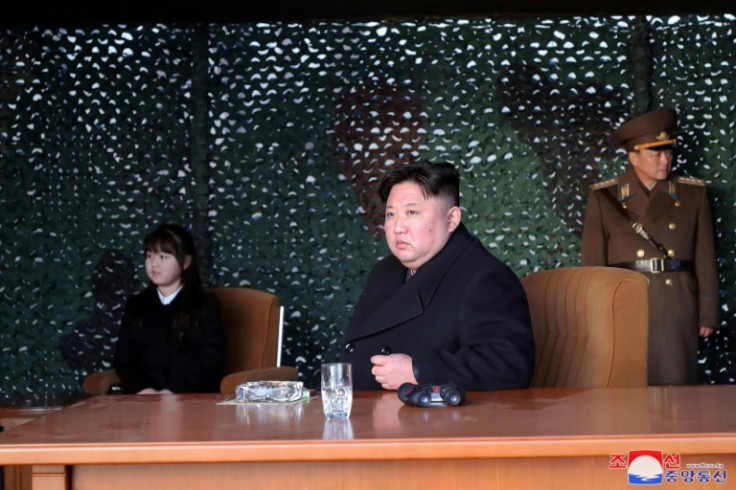North Koreans are 'starving to death' due to food shortage: report
A US-based think tank called 38 North has even claimed that the country is on the brink of a famine.

The economic slowdown, border restrictions, and Covid-19 have created a shortage of food in North Korea, leading to deaths due to starvation in the country.
According to a BBC report, the country is struggling to feed its citizens, and the situation has only worsened due to its border restrictions. "At first, I was afraid of dying from Covid, but then I began to worry about starving to death," a North Korean construction worker told the publication.
Several reports have claimed that a number of North Koreans have been dying of hunger. It is being reported that North Korean leader Kim Jong Un has failed to address the food shortage.
The reports about North Korea facing food insecurity had started pouring in since 2021. Kim himself had made a reference to a "tense" situation in the crisis. That same year, the state-run KCTV channel also reported that the country was facing a "food crisis."
Its neighbour, South Korea, claims that the country is dealing with a "grave" food situation. The latest report comes at a time when the North is increasingly isolated due to increased sanctions from Western nations due to its nuclear weapons programme.
In March, a US-based think tank, 38 North, even claimed that the country was on the brink of famine. "Food availability has likely fallen below the bare minimum with regard to human needs," read an excerpt from a report by the group.
Experts are worried that the situation might get out of control and create circumstances similar to the 90s famine. Hundreds of thousands had died in North Korea in the 1990s due to a devastating famine, and the country has frequently faced serious droughts since then.
The UN special rapporteur for human rights in North Korea revealed that around 42% of the North Korean population is currently malnourished.
A report by UNICEF, the World Health Organisation and the World Bank Group released in May claimed that malnutrition due to food shortages is hindering the physical and mental development of North Koreans. It said that around one in six North Korean children under the age of 5 suffer from stunted growth due to malnutrition.
North Korea has also been named among the countries that need to be monitored due to concerns about food insecurity, according to a new UN report.
"Available analyses suggest that a large proportion of the population in the Democratic People's Republic of Korea might suffer from low levels of food consumption and poor dietary diversity," said the Food and Agriculture Organization (FAO) and World Food Program (WFP).
NORTH KOREA: Amid a shortage in food production, the country is on the brink of famine.
— IndiaToday (@IndiaToday) March 3, 2023
North Korea is witnessing a sudden food shortage, and people in the isolated nation are feared starving. What led to this crisis?#NorthKorea #KimJongUn #famine #foodshortage #NewsMo pic.twitter.com/xzQPOpyLTG
It added that the situation has been created by "a protracted economic crisis, which was exacerbated by the lasting impact of COVID-19." North Korean leader Kim Jong Un has "ardently called for attaining this year's grain production goal without fail," reported the country's official Korean Central News Agency last week.
"In order to increase the nationwide agricultural output, attention should be paid to overcoming the lopsidedness in the guidance on farming ... and it is important to concentrate on increasing the per-hectare yield at all the farms," it added.
According to the South Korean government, North Korea's grain production has seen a 3.8% drop since 2020. The country needs about 5.5 million tonnes of grain to feed its 25 million people every year, and they are 1 million tonnes short this year.
It also needs to be noted that North Korea has continued to conduct nuclear weapon testing despite UN sanctions. Last year, it launched more than 70 ballistic missiles to carry out test launches of its biggest missiles, including banned nuclear-capable intercontinental missiles. It is not expected to get any relief with respect to the sanctions if it does not stop its weapons testing programme.
The country has the world's fourth-largest military, and it spends nearly a quarter of its gross domestic product (GDP) on its armed forces.
© Copyright IBTimes 2024. All rights reserved.






